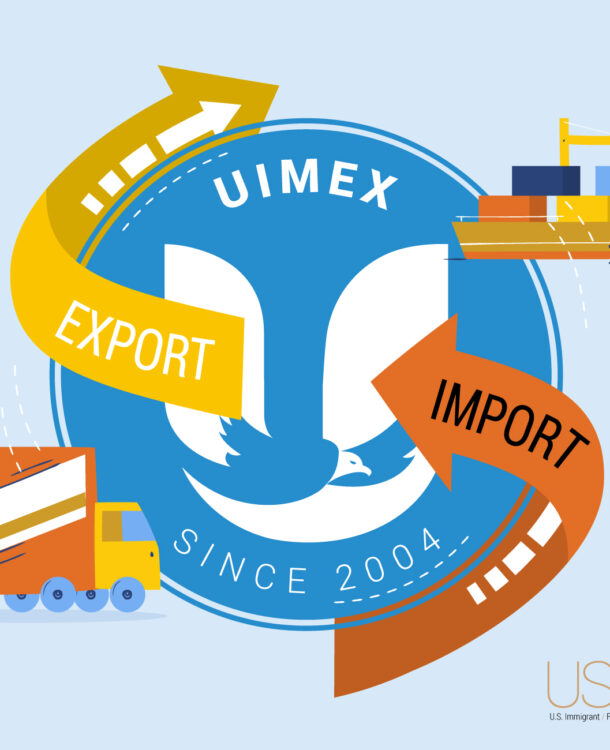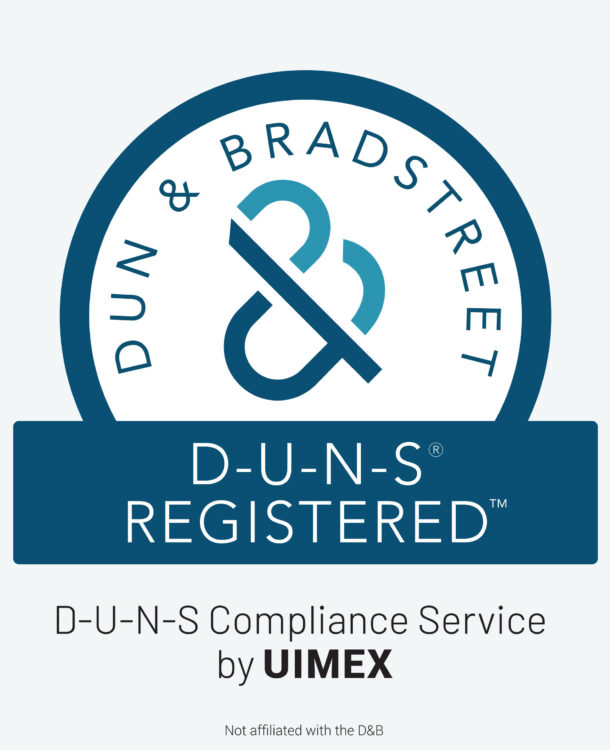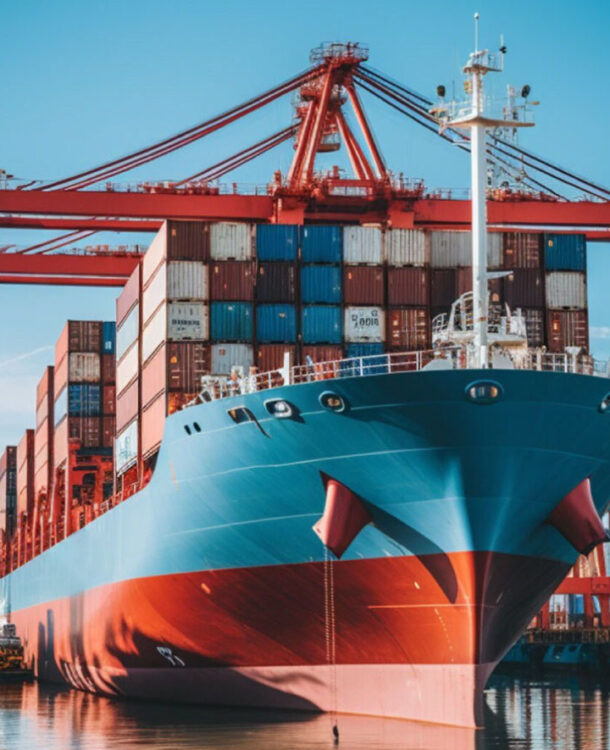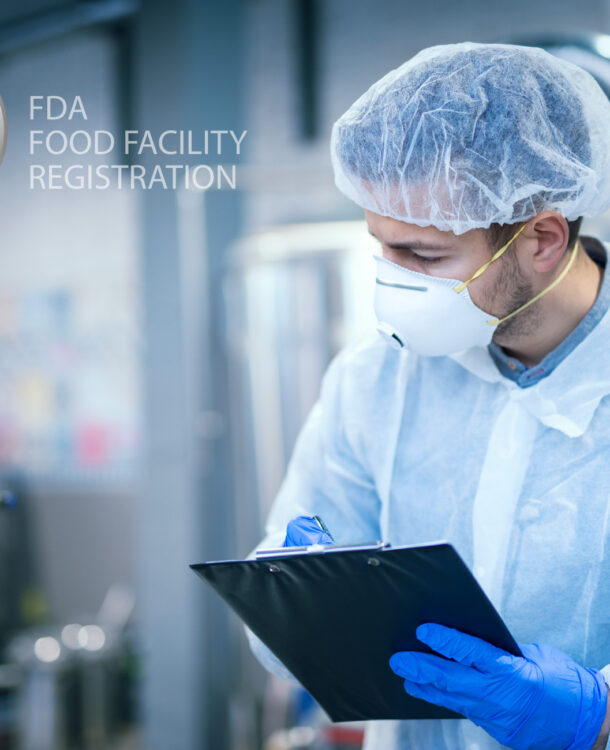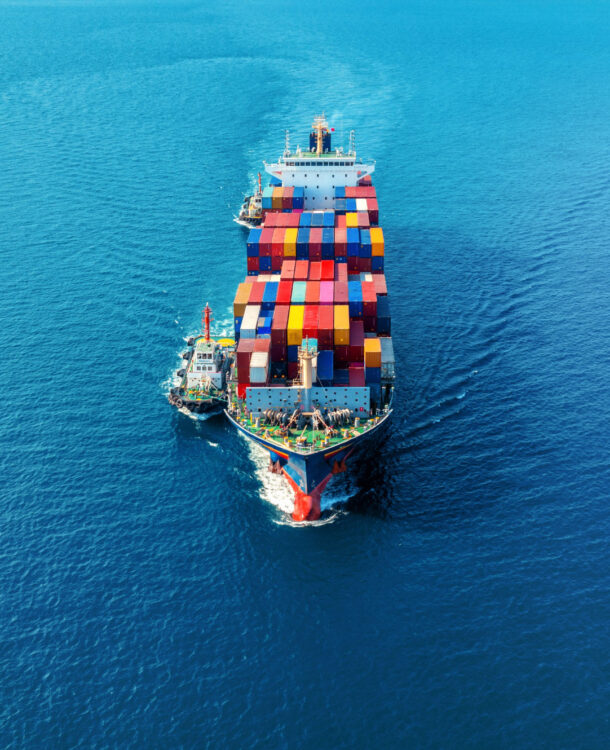
7 Main Keys Export
Exporting from Vietnam to the U.S. is very feasible, but full compliance with FDA, CBP, and labeling regulations is essential — especially for food and consumer products. Work with UIMEX and trusted partners to ensure your paperwork, certifications, and product quality meet U.S. buyer expectations.
Vietnam exports a wide range of goods to the U.S., including:
- Seafood (shrimp, tuna, pangasius)
- Agricultural products (coffee, cashew nuts, pepper)
- Food products (bird’s nest, noodles, snacks)
- Textiles & garments
- Furniture, wood products
- Electronics & machinery parts
A. Export Licensing (Vietnam side)
- Register your company as an exporter with the Vietnamese Ministry of Industry and Trade if needed.
- Some categories (e.g., certain chemicals, endangered species) may require special export permits.
B. Import Compliance (U.S. side)
- U.S. importers must comply with U.S. Customs and Border Protection (CBP) regulations.
- For food, drinks, and dietary supplements, you must comply with FDA rules (facility registration, labeling, Prior Notice).
- Food Facility Registration: Required for the factory or processing facility.
- U.S. Agent: Foreign food facilities must appoint a U.S. Agent for FDA communications.
- Prior Notice: Must be filed before each shipment arrives in the U.S.
- Labeling: Labels must comply with FDA regulations for language, ingredients, nutrition facts, allergens, and claims.
Typical documents for export:
- Commercial Invoice
- Packing List
- Bill of Lading (B/L) or Air Waybill (AWB)
- Certificate of Origin (CO) if you claim a preferential tariff under trade agreements
- Any required health or phytosanitary certificates (for food, plants, seafood)
- FCL/LCL Sea Freight: Most common for bulk, furniture, or seafood.
- Air Freight: Faster for perishables, samples, urgent shipments.
- Courier/Express: Small parcels, samples, e-commerce.
- The U.S. applies Most Favored Nation (MFN) duties for Vietnam.
- Some goods may benefit from Generalized System of Preferences (GSP) if qualified.
- Importer usually pays customs duties, tariffs, and customs broker fees.
- Work with a licensed customs broker or freight forwarder familiar with U.S. regulations.
- Keep close contact with your U.S. importer for documents, FDA requirements, labeling, or sample inspection.
- Consider using a U.S. Agent (like UIMEX or Registrar Corp) if you export food or dietary supplements.
- Prepare professional product specs, lab test reports (if needed) and maintain clear communication with your buyer.
You need Professional Support?
Talk to UIMEX’s professional import-export consultants to help you import and export better, faster, and with full compliance.
Final Thoughts
Exporting to Vietnam presents vast opportunities — especially in fast-growing sectors such as food & beverages, wellness products, and e-commerce. However, opportunity must go hand in hand with preparation. At UIMEX, we help U.S. companies confidently expand into Southeast Asia, with full support in compliance, logistics, and local market entry.
Are you ready to leap into the Vietnamese market?
Let our team of experts steer you through every step — from navigating paperwork to ensuring smooth port delivery. Your success starts here!
Their Advice, Your Advantage

What every Business Should Know
When you understand the processes behind business, importing, and exporting, you reduce risk and increase your chances of success.







